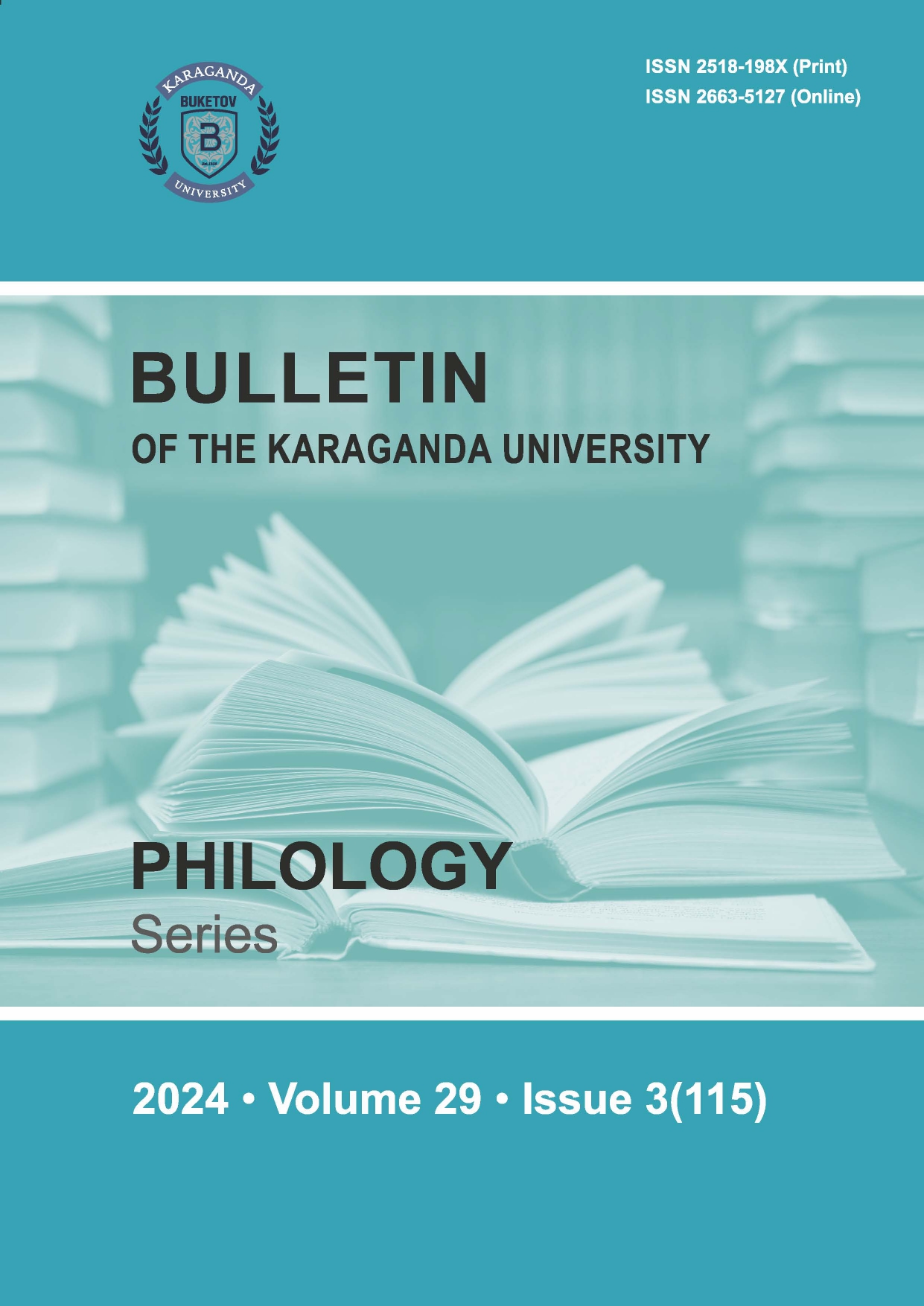Nature and man of the Ancient world in the historical concept of F. Braudel
DOI:
https://doi.org/10.31489/2024hph3/249-258Keywords:
Ancient world, Antiquity, Hellenism, Ancient Rome, geographical factors in the historical process, political integration, economic zoning, historical regional differences, social history, economic history, Annales schoolAbstract
The article is devoted to the analysis of the conceptual vision of nature and man of the ancient world in the historical theory of Fernand Braudel. The authors show the influence of geographical and climatic factors on the historical process in the concept of F. Braudel. The importance of terrain factors and certain ecological systems on the formation and development of historically determined economic, social and political relations was determined. On the example of the development of France, the implementation of the theoretical provisions of the French scientist's concept of the formation of socio-political and economic relations, starting from the ancient period, was revealed. Geographical structure, terrain also determines cultural, economic and
political zoning, regional differences within the framework of unified state entities. The role of communication routes in the formation and development of ancient statehood was shown, initially on the Apennine Peninsula, and later on in most of Western and Southern Europe. F. Braudel's idea on the similarity of the political transformations of the Hellenistic era and a number of modern projects of political integration is very interesting and scientifically productive. The formation of territorial states in the Hellenistic period, which took the place of the former model of Greek city-polis, has many common characteristics with the formation of a single European space of modernity.




